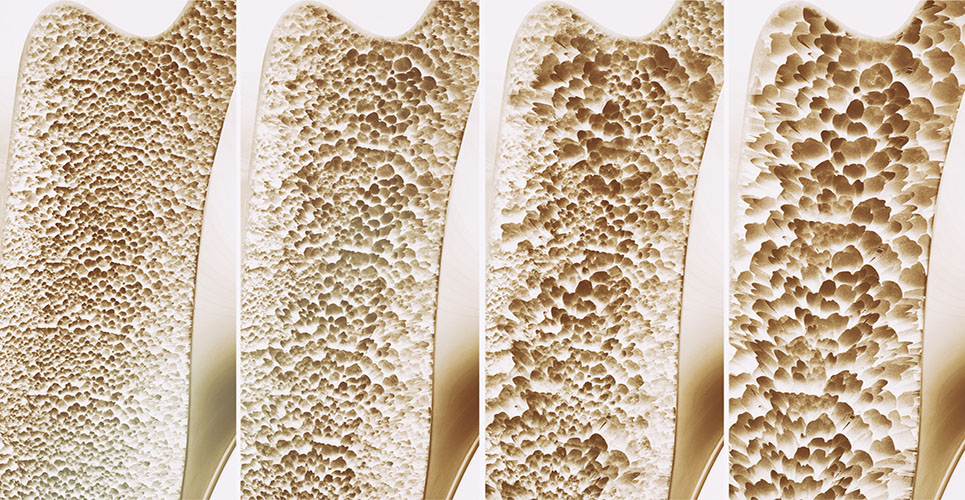teaser
Men whose bones become weak and break following a type cancer treatment have been offered hope in the form of a new drug.
The side-effects of hormone blocking therapy for men with non-metastatic prostate cancer are often weaker bones and increased risk of fractures.
Drugmaker Amgen has announced that a large trial of its bone drug denosumab showed increased bone density within patients and a reduction of fractures associated with androgen deprivation therapy (ADT).
About half of all prostate cancer patients undergo hormone therapy at some stage, according to the National Cancer Institute.
Results from Amgen’s phase III trial showed that treatment with denosumab resulted in statistically significant rises in bone mineral density (BMD) at the lumbar spine and non-vertebral sites compared with placebo at various stages of the trial.

Patients using denosumab also experienced less than half the number of new vertebral fractures compared to the group on placebo. And the denosumab group suffered fewer non-vertebral fractures during the three-year trial.
Executive vice president of Research and Development at Amgen, Dr Roger Perlmutter, said: “This pivotal study in men with prostate cancer demonstrated once again that denosumab increases BMD consistently at all sites measured.”
“We are also excited by the reduction in vertebral fractures, which permits the conclusion that the increased BMD seen in patients receiving denosumab is associated with improved bone strength.”
Copyright PA Business 2008
